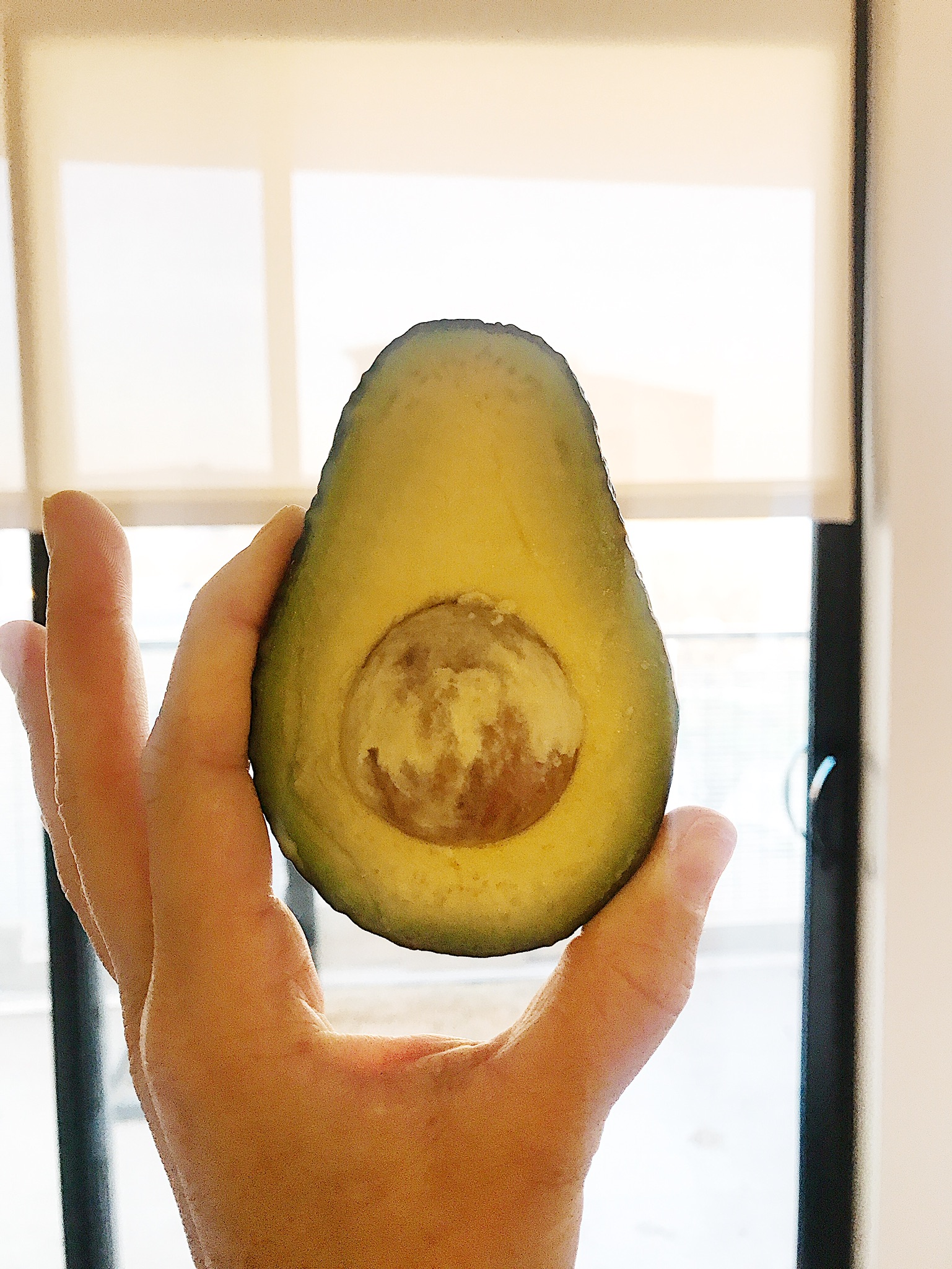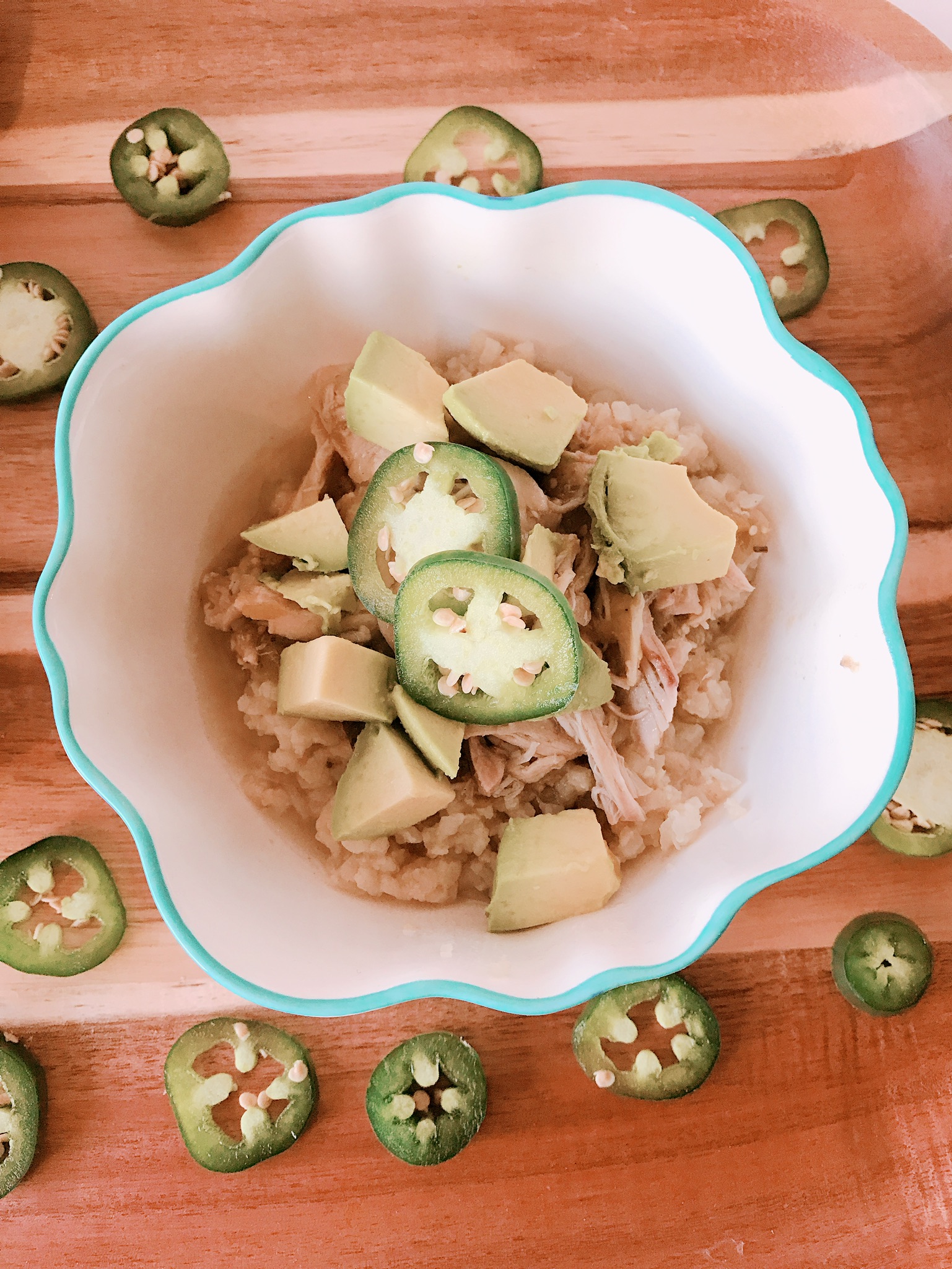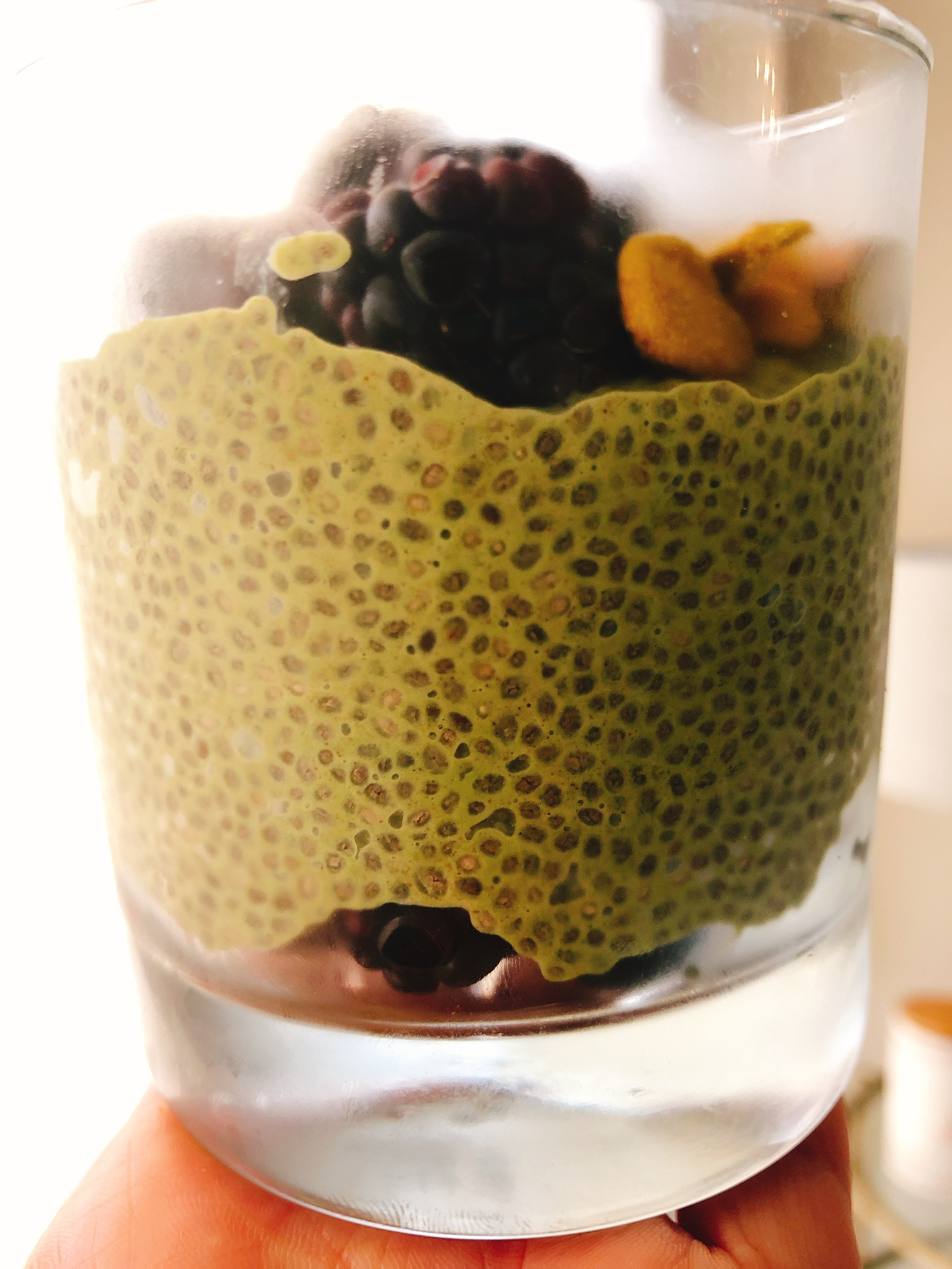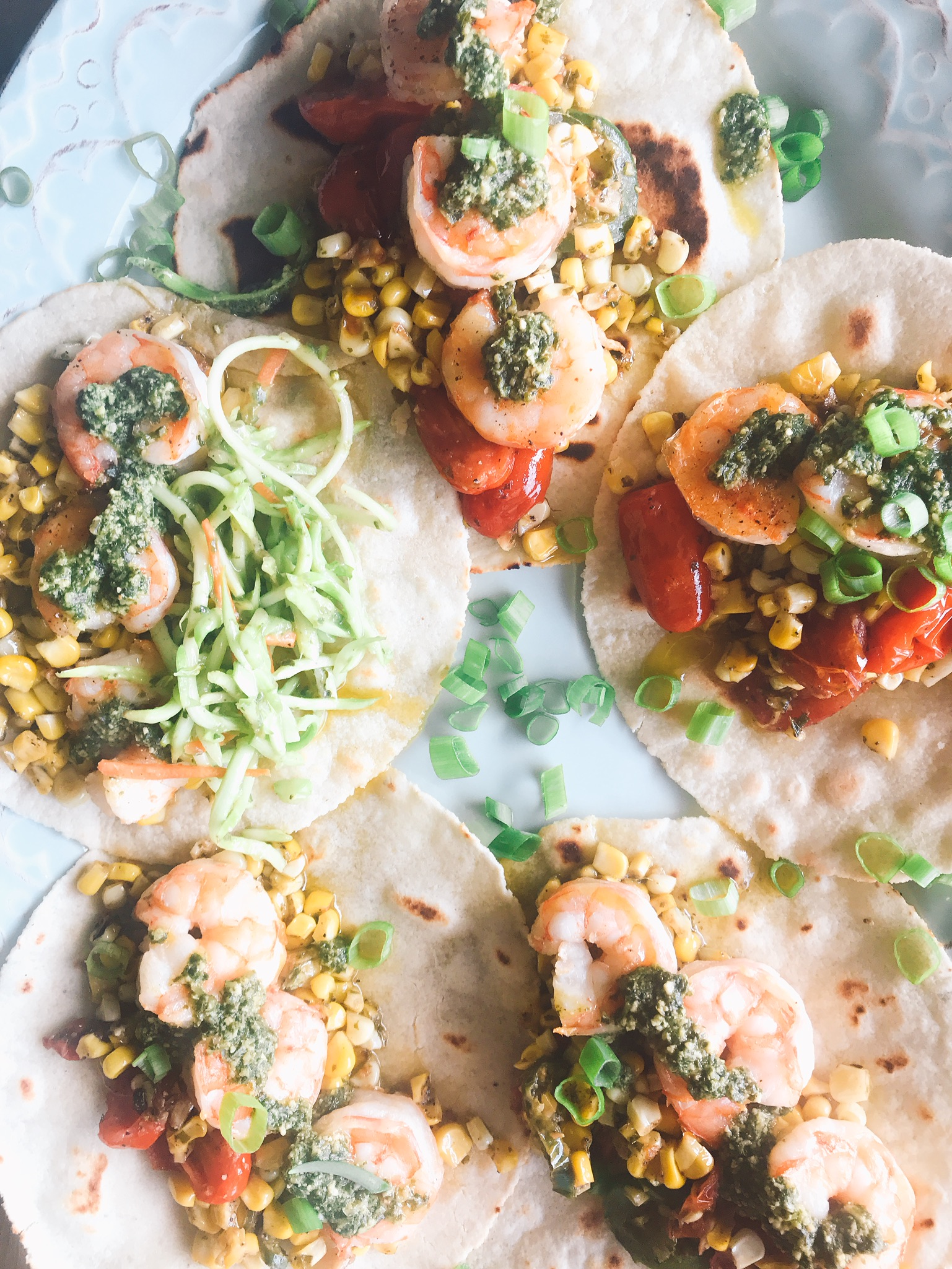
News flash! The low-fat THIS, fat-free THAT lifestyle we all grew up in had it ALL wrong… fat is absolutely essential for every function of the body, brain, and natural healing and repairing functions.
When you eat enough fat every day, benefits include; stable, longer-lasting energy, less hunger highs and lows, fewer cravings, a more efficient metabolism, clearer thinking & more balanced moods, better regulated hormones, and healthy hair, skin, and nails.
The “add more fat” initiative is based on adding real-food fats to our plates – naturally (being the operative work) fat-rich foods and unprocessed fats in their original state (HELLLO. No BIG MACS…). The goal is to let them replace the refined carbs and sugar that would otherwise take up space on our plate.

Fat & Weightloss
With the right balance of food type, fat can assist in weightloss. Adding fats to your diet, while cutting back on carbs, can be the secret to getting lean. Low Carb-High Fat diets improve insulin sensitivity and weightloss by helping to mobilize stubborn stored fats to be used for energy, improve insulin functions, and made you feel fuller longer & faster.
Fats digest more slowly, giving your brain and hunger-regulating hormones more time to register fullness – making them more difficult to over eat (as apposed to sugar that legit makes you CRAVE higher more food).
One thing to watch out for! When you increase your healthy fat intake, be careful to keep your starches/carbs and sugars low because if all 3 of these increase in unison, you will definitely gain weight.
The Fat Breakdown
The general rule of thumb for fat is if it comes from nature, it’s probably healthy, and if it’s made in a factory, it’s probably not.
- Polyunsaturated fats are essential fats (Omega-6, Omega-3 Fatty Acids). That means they’re required for normal body functions but your body can’t make them. So you must get them from food (or supplements). Polyunsaturated fats are used to build cell membranes and the covering of nerves. They are needed to moderate blood clotting, muscle movement, and inflammation.
- Monounsaturated Fats. Good sources of monounsaturated fats are olive oil, avocados, and most nuts. Although there’s no recommended daily intake of monounsaturated fats, the Institute of Medicine recommends using them as much as possible along with polyunsaturated fats to replace some saturated and all trans fats.
- Saturated Fats. Coconut oil, red meats, ghee (recommended to not consume more than 10% of your calories from these). Saturated fats are your hearts preferred energy source, a balancer for genetic regulation, and cancer prevention.
- Avoid: Trans Fats or “hydrogenated oils” The worst type of dietary fat is the kind known as trans fat. It is a byproduct of a process called hydrogenation that is used to turn healthy oils into solids and to prevent them from becoming rancid. Trans fats have no known health benefits and that there is no safe level of consumption.
Fats And Sex?!
Fat improves and balances sex hormones – testosterone, estrogen, progesterone – all which are made of cholesterol. Cutting way back on dietary fats can increase your risk of hormonal problems like hypothyroidism, menstrual irregularities, PCOS and low testosterone levels for men. Wait this is ALOT butttttt… coconut oil is also a natural and save lubrication so get your fats on people!
Natural Fat-Rich Food Options
Animal Foods: Organic Chicken with skin (dark meat), Grass-fed and -finished red meat, pastured pork, lamb, eggs (ideally pasture-raised & organic), fatty cold-water fish (sardines, mackerel, herring, wild salmon), dairy that works for you (goat and sheep cheese; cow cheese if tolerated; grass fed butter; yogurt/kefir), bone broths.

Plant Foods: avocado, coconut (oil, butter, milk, cream), nuts & nut butters (in moderation, preferably raw), seeds (pumpkin, chia, sesame, flax, hemp), olives & olive oil.

Pouring/Spreading: Olive oil, flax oil, hemp oil, nut oils, nut butters, MCT oil, cacao butter, ghee, everyday paleo pesto.

Cooking Fats: ghee, butter, duck fat, pork fat, chicken fat, tallow, coconut oil, avocado oil, and quality olive oils (don’t take olive oil past low heat).

9 (More) Reasons to Embrace Natural Fats
Courtesy of Frank Lipman’s, “How to Be Well” (link to buy below & highly recommended):
- Help your body absorb critical vitamins (the fat-soluable vitamins A, D, E, and K).
- Strengthen your immune system
- Support proper integrity of your cell membranes
- Feed the unique needs of your brain
- Lubricate your digestive system
- Protect your vital organs
- Help reduce inflammation
- Feed your mitochondria, the cellular powerhouses that determine how energized your feel and how you age
- Essential for the health of your heart, lungs, liver, and bones and help healthy gene expression
How Much Fat?
So if you’re on a 2,000-calorie-a-day diet, 400 to 700 calories can come from dietary fat, which translates to between 44 and 78 fat grams a day. The latest Dietary Guidelines for Americans recommends keeping saturated fat to less than 10 percent of calories a day. (Mayo Clinic)
I hope you enjoyed this piece & hope it helps you to feel healthier, leaner, and more energized!!
xx, Jess


